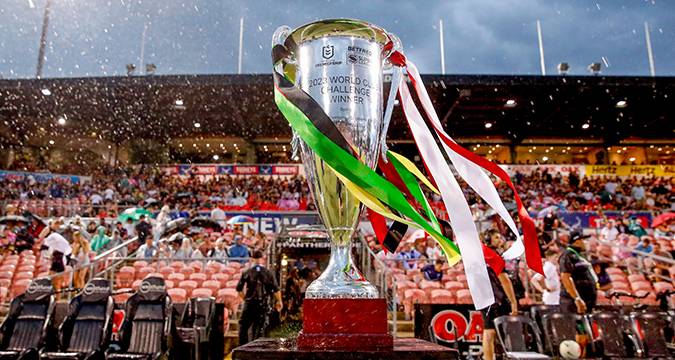 MICHAEL O'HARE celebrates the history of Ashes Test series between Great Britain and Australia and urges the RFL to think again about replacing Great Britain with England.
It’s confirmed (well, almost)!
Next year will see the first men’s Rugby League Ashes series on home soil for 22 years (the first Ashes series for 22 years, full stop!).
MICHAEL O'HARE celebrates the history of Ashes Test series between Great Britain and Australia and urges the RFL to think again about replacing Great Britain with England.
It’s confirmed (well, almost)!
Next year will see the first men’s Rugby League Ashes series on home soil for 22 years (the first Ashes series for 22 years, full stop!). Replace England with Great Britain, try harder to form a successful team in London and NRL contempt for World Club Challenge
 MICHAEL O'HARE celebrates the history of Ashes Test series between Great Britain and Australia and urges the RFL to think again about replacing Great Britain with England.
It’s confirmed (well, almost)!
Next year will see the first men’s Rugby League Ashes series on home soil for 22 years (the first Ashes series for 22 years, full stop!).
MICHAEL O'HARE celebrates the history of Ashes Test series between Great Britain and Australia and urges the RFL to think again about replacing Great Britain with England.
It’s confirmed (well, almost)!
Next year will see the first men’s Rugby League Ashes series on home soil for 22 years (the first Ashes series for 22 years, full stop!). 